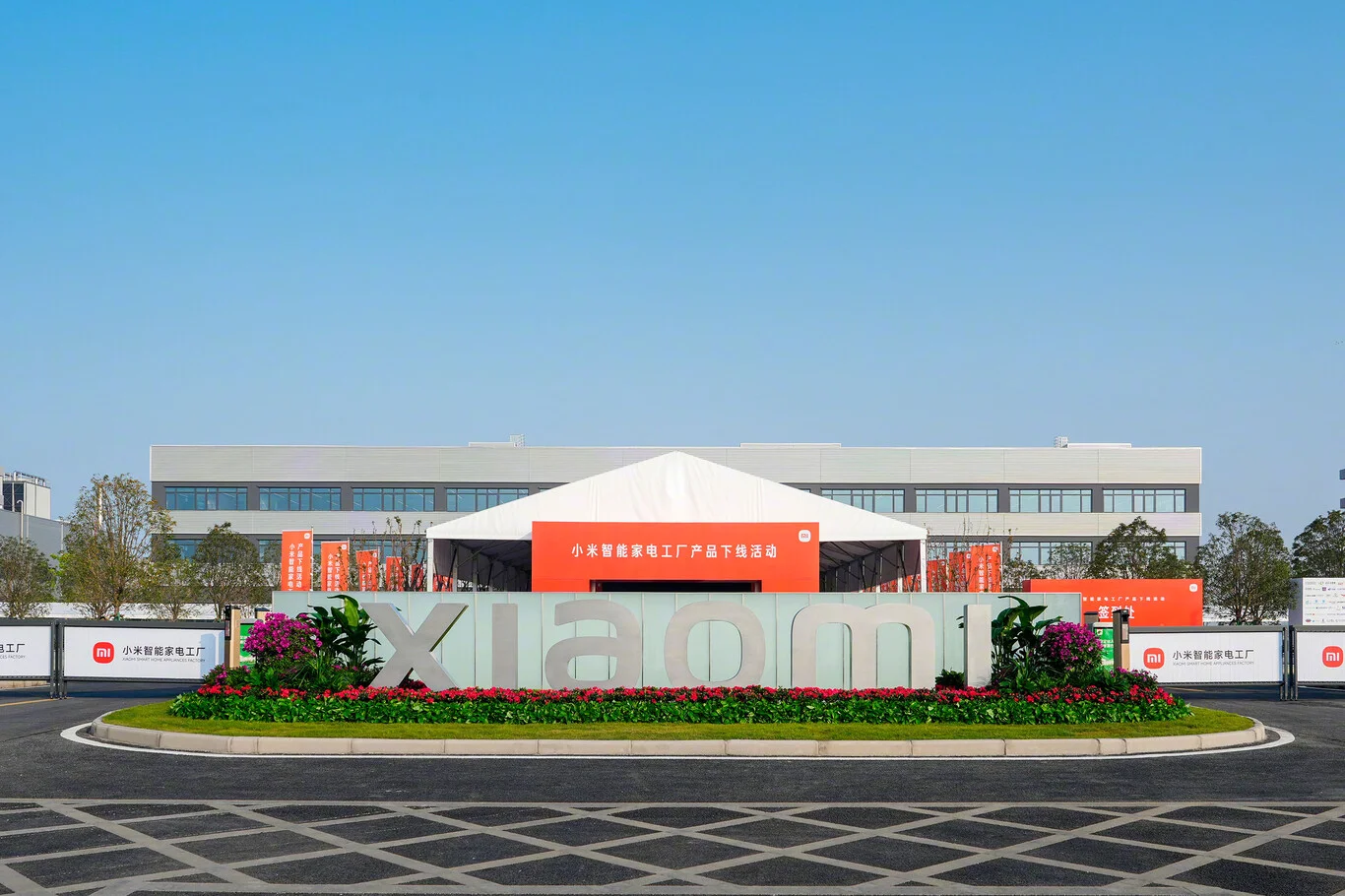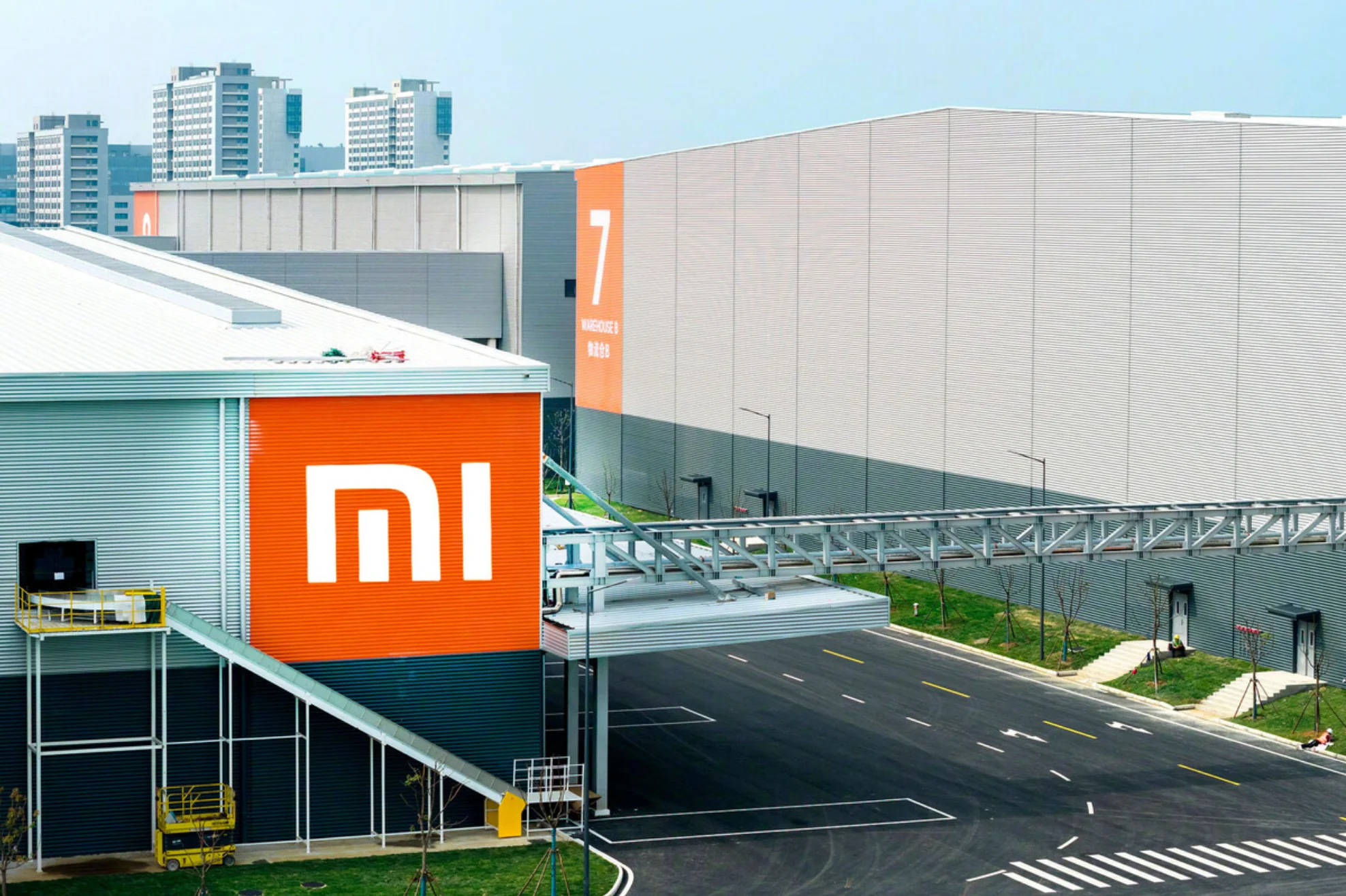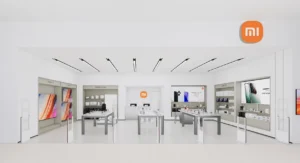Xiaomi’s Wuhan Mega-Factory: The Future of Smart Homes is Here
Xiaomi Unleashes the Beast: Wuhan’s Mega-Factory Set to Redefine Tech Dominance
Get ready, folks. The tech landscape is about to get a serious shake-up. Imagine a colossal factory in China churning out smart home appliances like they’re going out of style – all seamlessly connected to your phone, your electric car, even your fridge. This isn’t some sci-fi flick; this is Xiaomi, and they’re about to change the game with their brand new mega-factory in Wuhan. Is absolute Xiaomi dominance on the horizon? Buckle up, because this is mind-blowing.
From Garage Startup to Global Titan: Xiaomi’s Meteoric Rise
Let’s rewind a bit, but with an explosive twist. Xiaomi, the rebel that burst onto the scene in 2010 as a scrappy startup in a Beijing garage, has been on a rocket ship. Founded by Lei Jun – a visionary Wuhan University grad who’d already conquered the software world with Kingsoft – the brand initially wowed us with bargain-priced smartphones packing premium quality. Fast forward to 2015, and they were already moving over 70 million units (and that was just the beginning!). Xiaomi isn’t an underdog anymore; they’re a full-blown titan. By 2020, they’d even surpassed Apple in mobile sales, shipping a cool 47.1 million units. By 2022, a staggering 60% of their revenue came from phones, with IoT and lifestyle products raking in 30%, and cloud services rounding out the remaining 10%. The secret sauce? A hyper-connected ecosystem where everything, from your Mi Band to your robot vacuum, chats with each other. But now, with this Wuhan factory, things are about to get way more interesting.

Wuhan: The Spiritual Home and Manufacturing Powerhouse
The earth-shattering news dropped in November 2024 when Xiaomi broke ground in Wuhan’s East Lake High-Tech Development Zone. Why Wuhan, you ask? It’s not just Lei Jun’s spiritual home; it’s an industrial mecca boasting unbeatable supply chains. This behemoth of a structure, spanning a massive 751 acres, isn’t just any factory – it’s Xiaomi’s third self-owned manufacturing plant, completing their intelligent manufacturing trilogy. They already have their smartphone plant humming in Beijing and their electric car factory (churning out the wildly successful SU7, with 70,000 units sold in mere months). Now, this beast, housing six sub-factories and over 100 labs, is zeroing in on “large” home appliances, like their self-developed air conditioners. Say goodbye to costly partnerships and hello to massive, in-house production.
A Timeline That’ll Make Your Head Spin
The schedule for this project is nothing short of insane:
* Construction Began: November 26, 2024
* Structure Completed: January 2025 (in just two months!)
* Roofing Finished: May 2025
* Full-Scale Production: Expected by the end of November 2025!
Wang Hua, Xiaomi’s head of PR, confirmed the news, stating, “This marks a major step in our expansion into the smart home appliance market.” We’re talking maximum automation, robots everywhere, and an energy efficiency focus that’ll make your electricity bills weep with joy. The flagship product? Air conditioners controllable via the Xiaomi Home app, integrating flawlessly with your existing ecosystem. Can you picture it? Your phone senses you’re heading home, fires up the AC, adjusts the temperature based on your mood (thanks to AI!), and even syncs with your Xiaomi SU7 for a perfectly climate-controlled arrival.

The Global Assault: Why This Factory Changes Everything
But here’s where things get really juicy. This isn’t just about a new factory; it’s Xiaomi’s battering ram for global market domination. How so?
- Unbeatable Prices: Xiaomi’s business model thrives on selling at production cost plus a minimal margin. This is achieved through lightning-fast online sales and a fiercely loyal fan community (think the MIUI Forum).
- Wild Expansion: From emerging markets like India and Russia to a significant push into Europe, Xiaomi has already established over 6,000 physical stores outside of China.
- The Killer Ecosystem: With 55% of its revenue coming from overseas in 2020, fueled by its ever-expanding IoT network, this new factory is perfectly positioned to tackle the multi-billion dollar smart home market, where giants like Samsung and LG have been resting on their laurels.
Lei Jun himself hinted at the ambition during a live stream: “Mass production by the end of the year, and the world will be ours!”
Crushing the Competition, One Appliance at a Time
The end result? Xiaomi isn’t just competing; they’re devouring. In the EV sector, the SU7 is already a runaway hit. With their Beijing plant undergoing expansion by mid-2025, they’re targeting an annual production of 300,000 units. Add to this their significant investment in AI R&D (their second HQ in Wuhan alone employs 10,000 people focused on IoT and big data), and you get the picture: a deeply interconnected empire poised to make the competition look obsolete. Apple and Samsung, with their premium pricing, simply can’t match the pace of this low-cost Chinese innovation machine. Xiaomi isn’t just selling products; they’re selling an accessible, futuristic lifestyle.

The Dawn of a New Era?
So, is this the beginning of the end for the current tech royalty? The Wuhan inauguration – eagerly anticipated for November – could very well be the fuse. Lei Jun, the undisputed “game-changer,” is returning to his roots to launch his final offensive. If Xiaomi delivers on its promises, the market won’t just be dominated; it’ll be fundamentally rewritten. Are you on the winning side? It might be time to check out your next Xiaomi purchase, because the future has arrived, and it’s wearing a little rabbit logo. Don’t miss out, or you’ll regret it when all your friends are living in smart homes and you’re still fiddling with a 20th-century fan.







